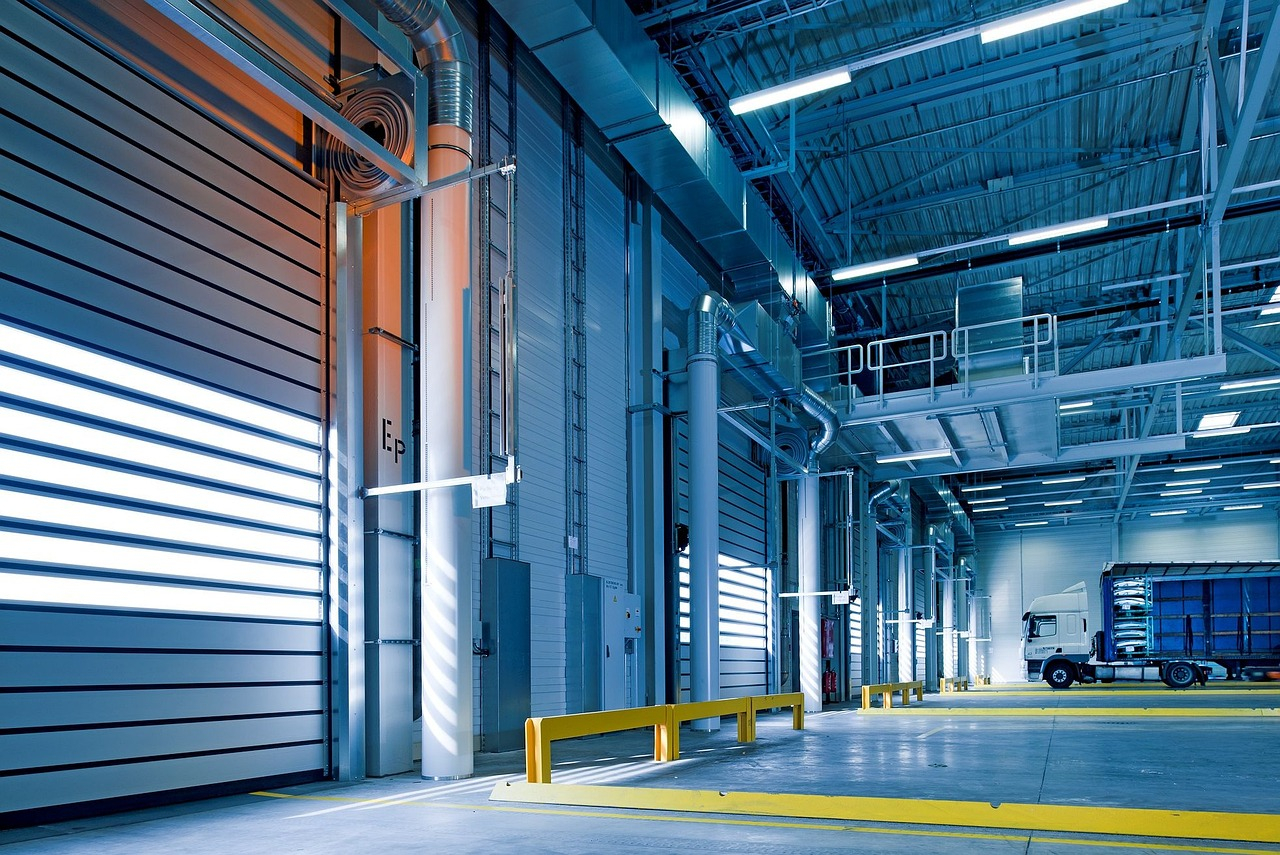Economic growth and foreign investments
Poland's economy has seen steady growth, making it one of the fastest-growing economies in Europe. This economic boom is fueled by significant foreign direct investments (FDI), particularly in the manufacturing and logistics sectors. Companies from around the world are setting up their operations in Poland, attracted by its skilled labor force, competitive costs, and access to the broader European market.
Warehouse jobs in Poland have proliferated as a direct result of this economic expansion. Multinational companies require efficient storage and distribution networks to manage their supply chains. Consequently, the demand for logistics facilities has surged, leading to a boom in warehouse construction and a corresponding increase in employment opportunities.
The rise of e-commerce
The rapid growth of e-commerce has further accelerated the demand for warehouse jobs in Poland. As online shopping becomes increasingly popular, retailers are investing heavily in logistics to ensure fast service and timely delivery to customers. This shift in consumer behavior necessitates larger and more sophisticated warehousing operations to handle the high volume of goods being processed daily.
E-commerce giants, such as Amazon, have established significant distribution centers in Poland, creating thousands of warehouse jobs. These facilities are pivotal in managing the logistics of vast inventories, ensuring products are stored efficiently and dispatched quickly. The need for fast service in e-commerce has made warehouse jobs in Poland more critical than ever.
Technological advancements
Advancements in technology are reshaping the logistics and warehousing industry, making operations more efficient and streamlined. Automation and robotics are becoming integral parts of modern warehouses, enhancing productivity and reducing the reliance on manual labor. However, this technological shift also creates new types of jobs, requiring workers to operate and maintain sophisticated machinery.
In Poland, warehouses are increasingly adopting these technologies to stay competitive and meet the demands of fast service. While automation may reduce the number of traditional warehouse jobs, it simultaneously creates opportunities for tech-savvy workers to manage and oversee these advanced systems. The evolving nature of warehouse jobs in Poland reflects the broader trend of digital transformation in the industrial sector.
Workforce implications
The surge in warehouse jobs in Poland brings both opportunities and challenges for the workforce. On one hand, the demand for labor in this sector provides employment opportunities for a wide range of skill levels, from entry-level positions to more specialized roles. On the other hand, the nature of warehouse work can be physically demanding and may require workers to adapt to new technologies.
To address these challenges, companies are investing in training and development programs to equip their employees with the necessary skills. This investment not only enhances worker productivity but also ensures that they can adapt to the changing demands of the industry. Additionally, offering competitive wages and benefits can help attract and retain talent in the warehouse sector.
Regional disparities
While the demand for warehouse jobs in Poland is generally rising, it is not evenly distributed across the country. Major urban centers and industrial regions, such as Warsaw, Wrocław, and Łódź, are experiencing the highest growth in warehouse employment due to their strategic locations and infrastructure. In contrast, rural areas may not see the same level of job creation, leading to regional disparities in employment opportunities.
Efforts to address these disparities include developing infrastructure in less industrialized regions and incentivizing companies to set up operations outside of major cities. By doing so, the benefits of economic growth and job creation can be more evenly spread across the country.
Future prospects
The future of warehouse jobs in Poland looks promising, driven by continued economic growth, technological advancements, and the expansion of e-commerce. As companies seek to enhance their logistics capabilities and provide Fast Service to their customers, the demand for efficient and well-managed warehouses will remain strong.
However, the industry must also navigate challenges such as labor shortages, regional disparities, and the need for continuous technological adaptation. Addressing these issues will require collaboration between the government, businesses, and educational institutions to ensure a skilled and adaptable workforce.
In conclusion, warehouse jobs in Poland are on the rise, offering significant employment opportunities and contributing to the country's economic development. As the logistics sector continues to evolve, the industry must adapt to new technologies and market demands while ensuring that the workforce is adequately trained and supported. By doing so, Poland can maintain its position as a key player in the global logistics and warehousing industry, providing fast service and efficient operations to meet the needs of the modern economy.





